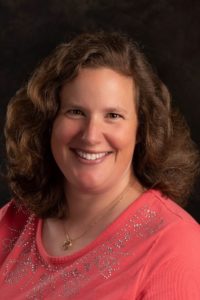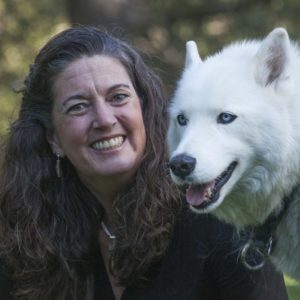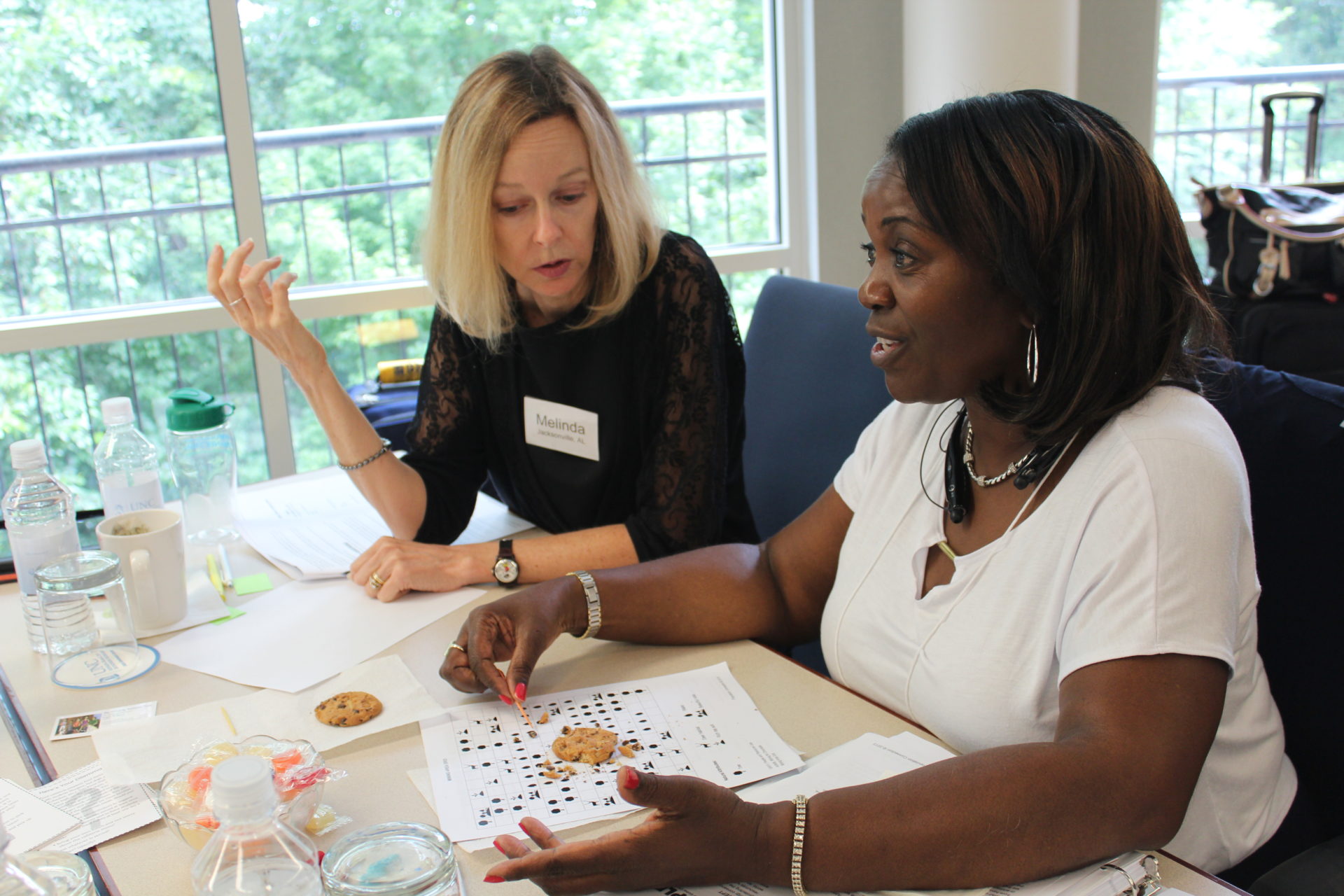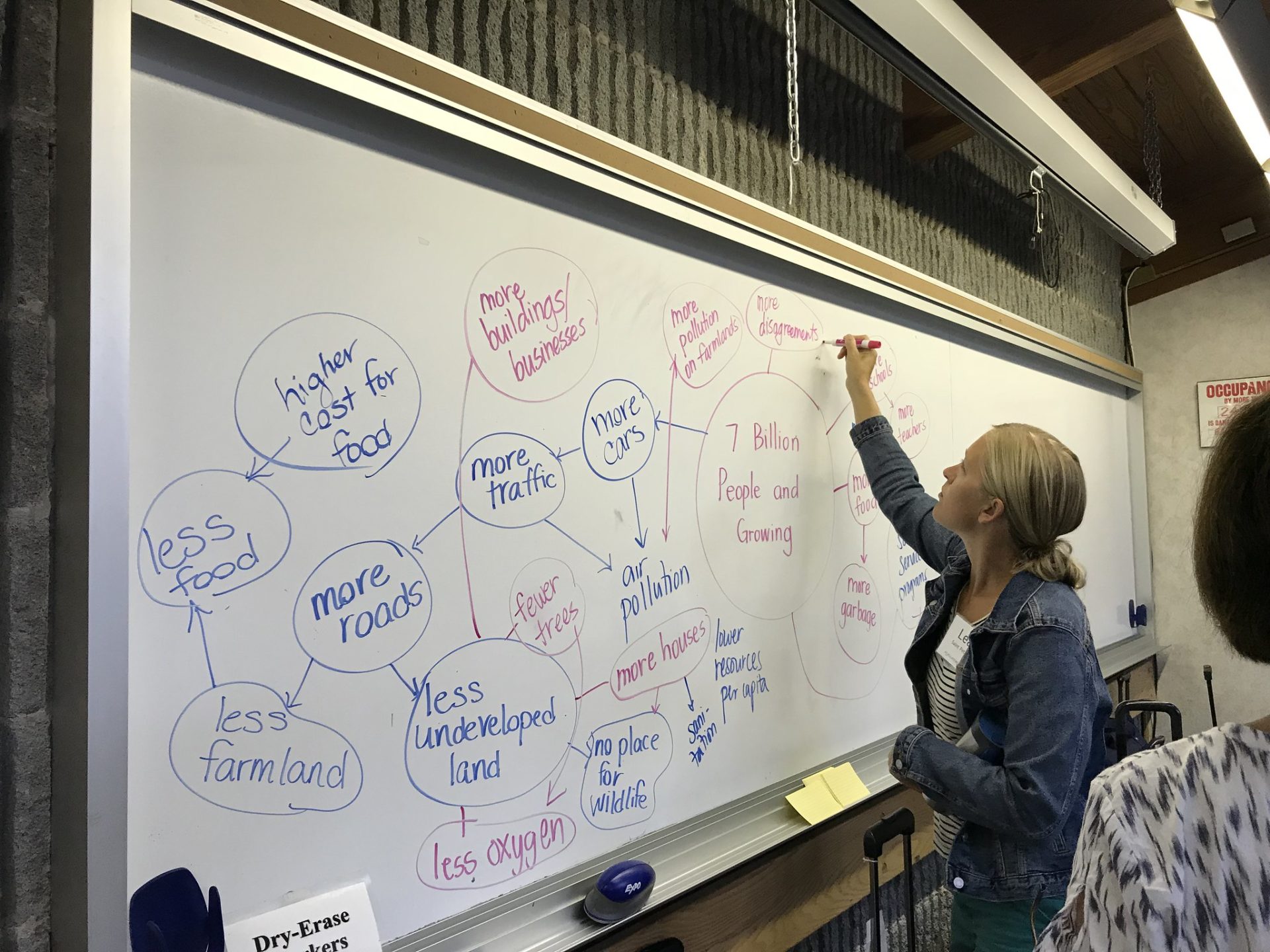Rising to the Challenge: PopEd Trainers Excel in Virtual Classrooms
Written by Lindsey Bailey, Education Network Director, and Sandy Joseph, Population Education Fellow | Published: September 13, 2021
PopEd’s volunteer trainers are the backbone of our program. They are K-12 teachers, pre-service professors, non-formal educators, and education administrators who are passionate about population issues and share PopEd resources with educators in their communities. When our workshops transitioned online in March 2020 due to the pandemic, we weren’t sure how involved our trainers would want to be in the new, and very different, online workshop model. We’ve been thrilled by their willingness to learn, get creative, and offer their talents in this virtual format.
Nearly 50 trainers attended our “Learn to Present PopEd Virtually” webinar last fall. Others observed or co-presented alongside PopEd staff to get up to speed on virtual presenting methods, and still others used their own remote teaching experiences to take the lead on digital workshops from the get-go. Over the past 18 months, 88 trainers have been involved in presenting 148 online PopEd workshops, many sharing their own tips and tools to enhance PopEd’s online delivery methods.
Two trainers have stood out in their commitment to reaching educators this past year, despite the limitations of online learning:
 Kathryn (Kate) Silvis, Professor and Chair of Education at La Roche University in Pittsburgh, has been a key figure in facilitating PopEd’s Act 48 programming in Pennsylvania. Act 48 is a Pennsylvania law requiring teachers to get professional development credits to renew their teaching certificates.
Kathryn (Kate) Silvis, Professor and Chair of Education at La Roche University in Pittsburgh, has been a key figure in facilitating PopEd’s Act 48 programming in Pennsylvania. Act 48 is a Pennsylvania law requiring teachers to get professional development credits to renew their teaching certificates.
 Lynda Deschambault is the Executive Director of the Contra Costa County Climate Leaders in California. She is a veteran trainer (in the Trainers’ Network for 20 years!) who worked with our staff to transition her skills to the virtual format.
Lynda Deschambault is the Executive Director of the Contra Costa County Climate Leaders in California. She is a veteran trainer (in the Trainers’ Network for 20 years!) who worked with our staff to transition her skills to the virtual format.
Kate and Lynda were named our Most Valuable Trainers (MVTs) for the 2020-2021 school year. We recently had a chance to speak with them to learn more about their passion for PopEd.
What made you want to be a PopEd trainer?
Kate: I had seen other people do these interactive activities and it looked like fun—I wanted to do it myself. I also wanted to provide Act 48 workshops to local teachers, since I can earn my credits by presenting these workshops. My ultimate plan is to pair an undergraduate student with a current teacher to attend Act 48 workshops and have them use PopEd lesson plans to support each other.
Lynda: At the core of environmental issues is education. I’ve always slightly regretted that I wasn’t a teacher, but my career took me down a path as an environmental scientist. Being a PopEd trainer was interesting to me and I felt it was a great way to do both: follow my calling and do what is necessary. My core passion is protecting the environment, but always with education in mind.
What is your favorite PopEd lesson plan?
Kate: “Panther Hunt”—it’s fun to watch teachers go get their “food” and go back to their “den.” I love the virtual version of “Panther Hunt” too—PopEd did a fabulous job taking those face-to-face lessons and converting them to virtual lessons. It’s been incredible having these virtual lessons to use the past year.
Lynda: I love “Earth: The Apple of My Eye.” It’s so simple and visual that anybody can “get it.” Also, “Mining for Chocolate”—that one really hits home for me. I worked for the EPA for 20 years managing mountain top removal mining sites. We can’t mine resources this way without it crumbling, and in the lesson, you can’t take resources out without the cookie crumbling.

Are there any specific challenges you had to overcome in the virtual environment? Or benefits to virtual presenting?
Kate: I attended the PopEd webinars and I learned a lot about how to teach virtually. Having Google folders for breakout rooms is a nice way to involve small groups and be interactive. And on the virtual tools, everything is there for you—there are prompts, directions, and a wealth of resources. It was really nice to co-present with Raf [PopEd staff member] for a virtual session, since I wasn’t as familiar with the tools PopEd had created. We could go back and forth between the two of us.
Lynda: I felt really challenged when we went virtual. The technology was overwhelming, and I have a lot of respect for teachers that came up to speed so quickly and changed to that format. One of the benefits is I was able to teach a workshop that would have been a four-hour drive for me. Presenting virtually is a lower environmental impact with no carbon footprint.
Do you have a memorable experience as a PopEd trainer you’d like to share?
Kate: For my first PopEd workshop, I was presenting in Memphis and using the lesson “Something for Everyone.” In the lesson, the facilitator plays music and people around the table grab chips to model sharing renewable resources. I spent a long time choosing an Elvis song to play, but all the chips were gone not even two minutes into the song. If people take everything, there is nothing to share.
Any specific tips on presenting PopEd workshops?
Lynda: Have fun and use the flexibility of the curriculum. Weave in your own experiences—it helps people to remember the lessons. “In the end, we will conserve only what we love; we will love only what we understand; and we will understand only what we are taught.” (Baba Dioum, 1968) This summarizes why, as an environmental scientist, I teach PopEd workshops.
Interviews have been edited for length and clarity.

